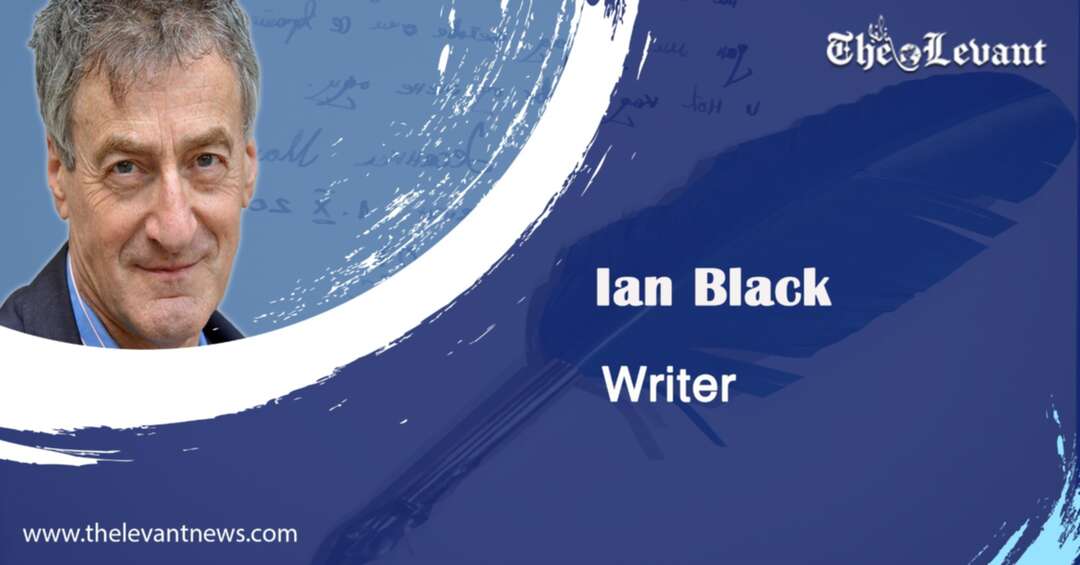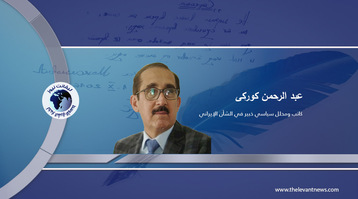-
Is Iran waiting for Biden?

In a few weeks a second term for President Donald Trump or a victory for Joe Biden will influence a range of domestic and international issues that will be closely watched across the world. Few are more sensitive than the future of the Iranian nuclear agreement of 2015.
Trump withdrew from the Joint Comprehensive Plan of Action (JCPoA) and what he described as Barak Obama’s “worst deal ever” in May 2018. That left its European signatories (Britain, France and Germany), together with Russia and China, struggling to keep the agreement alive.
The latest act in this long-running drama was played out at the UN Security Council in the second half of August, where Mike Pompeo, Trump’s secretary of state accused the E3 of choosing “to side with the ayatollahs.” Pompeo’s aggressive language, however, could not disguise the fact that the US is facing near total isolation on Iran.
Washington faced a humiliating setback when Indonesia, the president of the council, along with the 12 other current members (permanent plus rotating) insisted that the US had no legal right to “snap back” sanctions on Iran because it had abandoned the deal over two years ago. The US was supported only by the Dominican Republic. It was widely noted that Pompeo visited the country two days after that vote.
European policy, backed by Moscow and Beijing, is to try to keep the JCPoA alive so that it can be renegotiated and revived if Trump fails in his bid for re-election. Israel, Iran’s most powerful opponent in the Middle East, is backing the US to the hilt and denounced as “outrageous and absurd” British efforts to ensure that it is still respected.
In January this year the US sent a powerful message when a drone strike at Baghdad Airport killed Qassem Soleimani, the commander of the Quds Force that runs Iranian Revolutionary Guard Force operations. That attack was the strongest example yet of Washington’s policy of applying “maximum pressure” to Iran.
And also, though unexplained, are a series of mysterious explosions at Natanz and other Iranian nuclear sites – perhaps carried out by Israel. “There is no doubt that these secret operations have halted the Iranian programme for a few years – delaying it, but it hasn’t been destroyed,” wrote Uzi Even, one of the founders of Israel’s own Dimona reactor.
If re-elected Trump has pledged to strike a new deal under which he would seek stricter limits on uranium enrichment, an end to Tehran’s ballistic missile programme and involvement in regional conflicts - within weeks. “Let me just make it really, really clear,” declared Kelly Craft, the US ambassador to the UN. “The Trump administration has no fear in standing in limited company on this matter. I only regret that other members of this council have lost their way and now find themselves standing in the company of terrorists.”
The issue is complicated by the fact that Iran has become an important element in the highest-stakes American election in living memory. Pompeo noted pointedly that the original nuclear agreement had been reached by the “Obama-Kerry-Biden” triumvirate.
For his part Biden has said he would use diplomatic means and re-enter the JCPoA, but only if Iran first returned to compliance with the deal’s restrictions on its nuclear programme – which it has abandoned in a carefully-calibrated way since Trump walked away and re-imposed US sanctions.
Nevertheless, signs that Iran wanted to emphasize its compliance came with a recent visit to Tehran by the director-general of the International Atomic Agency Authority, who secured access for his inspectors to two sites suspected of hosting illegal activities. US intelligence services and the IAEA believe Iran had a clandestine nuclear weapons programme that it halted in 2003, even though Tehran has long denied seeking to develop atomic bombs.
The consensus among western experts is that Iran will prefer to see the Democratic candidate win. “Iran has a clear interest in keeping bargaining chips for future negotiations, and in not casting itself as being in a weak position, as wishing for a Biden victory, and as banking on his election to remove the pressure imposed on it in recent years,” observed the veteran Iran-watcher Raz Zimmt.
Trump’s withdrawal from the JCPoA was interpreted as proving Supreme Leader Ali Khamenei's argument that the US cannot be trusted and that the nuclear issue is an American pretext to pressure Iran and prepare the groundwork for regime change.
Still, a Biden victory would not guarantee renewed negotiations, let alone an improved deal. It is also possible that it will bring about the final collapse of the JCPoA and an acceleration of Iran’s nuclear ambitions. And even if Biden wins, he will only have a short time while President Hassan Rouhani remains in office, as the next Iranian presidential elections are in mid-2021.
“Everyone knows that Iran’s government is dangerous,” in the words of one former US diplomat. “It represses the Iranian people. It sponsors terrorism across the Middle East. The question is not whether Iran is bad – the question is what the best strategy is to deal with the threats.”
IAN BLACK
You May Also Like
Popular Posts
Caricature
Syrians' concerns now
- December 10, 2024
Syrians' concerns now #Syria
#Bashar_al-Assad
#Liberation_of_Syria
#Syrians
#Future_of_Syria
#Levant_News

opinion
Report
ads
Newsletter
Subscribe to our mailing list to get the new updates!



















